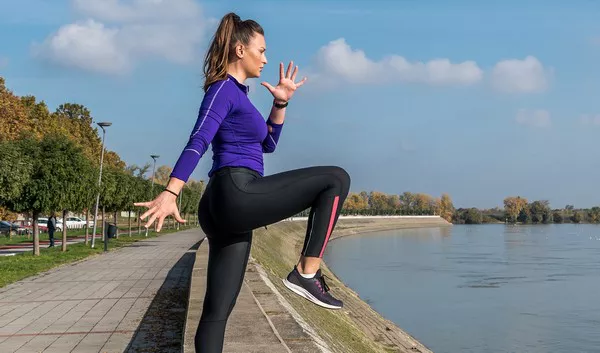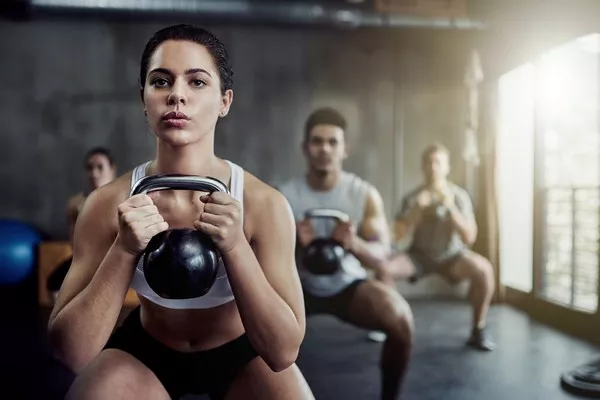The impact of daily physical activity on children’s scholastic achievements has garnered attention from experts, highlighting the interconnectedness of movement and classroom performance. A recent study conducted by the University of Eastern Finland underscores this correlation. Examining over 34,000 adolescent Finnish students, the research illuminates how active commutes, such as walking or cycling, correlate with heightened academic performance and increased self-reported confidence in academic capabilities. Similarly, engagement in moderate to vigorous physical activities during leisure time has proven advantageous. As little as 30 minutes per week in such activities was associated with a noteworthy 24% reduction in the likelihood of school-related burnout. Furthermore, both leisure-time physical pursuits and active commutes demonstrated a positive influence on students’ overall enjoyment of school.
The broader implications of physical activity on children encompass multifaceted benefits, including improved fitness, stronger bones, reduced anxiety and depression symptoms, and lowered risks of various health conditions. Beyond physical health, active students tend to exhibit enhanced grades, school attendance, cognitive prowess, and classroom conduct.
According to Andrea Corn, a licensed psychologist and psychoanalytic psychotherapist based in Boca Raton, Florida, the importance of play during these formative years extends beyond just physical development. Corn emphasizes that play stimulates brain growth, provides an avenue for expressing ideas and emotions, and fosters creativity.
While any movement is beneficial, experts highlight specific exercises with substantial advantages. Here are three recommended activities:
1. Walking
Walking emerges as a particularly advantageous activity for students, whether incorporated into their daily commute or undertaken during free time. Studies examining participation in physical activities, such as those conducted by the Committee on Physical Activity and Physical Education in the School Environment and Food and Nutrition Board, underline the significance of moderate-intensity walking. This level of activity correlates with improved performance in tasks requiring focused attention. Given the potential distractions within a classroom, students are required to juggle specific assignments, information retention, and adherence to class protocols. The University of Eastern Finland study reinforces these findings, indicating that walking at moderate or vigorous paces positively affects memory and learning by promoting neurogenesis in the brain. Leisure-time walking and other exercises further contribute to enhanced self-esteem, confidence, and mental health, thereby impacting students’ well-being and learning capabilities.
2. Cycling
Cycling’s benefits extend beyond physical fitness. A 2021 study demonstrated how biking promotes environmental exploration, independence, and emotional and social skill development in children. Such attributes can translate into advantages within the classroom. Notably, children who cycle exhibit increased participation in moderate to vigorous physical activities, fostering habits that persist into adulthood. Cycling stimulates various skills, including memory, cognition, attention, and bodily awareness.
3. Competitive Sports
Engagement in competitive sports offers distinct advantages. The Finland study reveals that team-based games enhance coordination, motor skills, and executive functions when compared to aerobic activities like walking or cycling. Executive function skills, including memory and inhibition, play a pivotal role in developing academic proficiencies such as mathematical aptitude. The cognitive demands of learning a sport mirror those of mastering academic subjects, requiring attention, focus, and concentration. Healthy competition and social motivation associated with sports translate into improved classroom motivation and performance. Studies, including one conducted by the Department of Psychology at Rutgers University, demonstrate that physical competition results in heightened attention and quicker reaction times.
Experts also highlight the positive influence of mental health on scholastic achievements. Dr. Alan Chu, an associate professor of applied sport psychology at the University of Pittsburgh, underscores the significance of mental well-being in students’ ability to focus, learn, and engage effectively in various aspects of life.

































